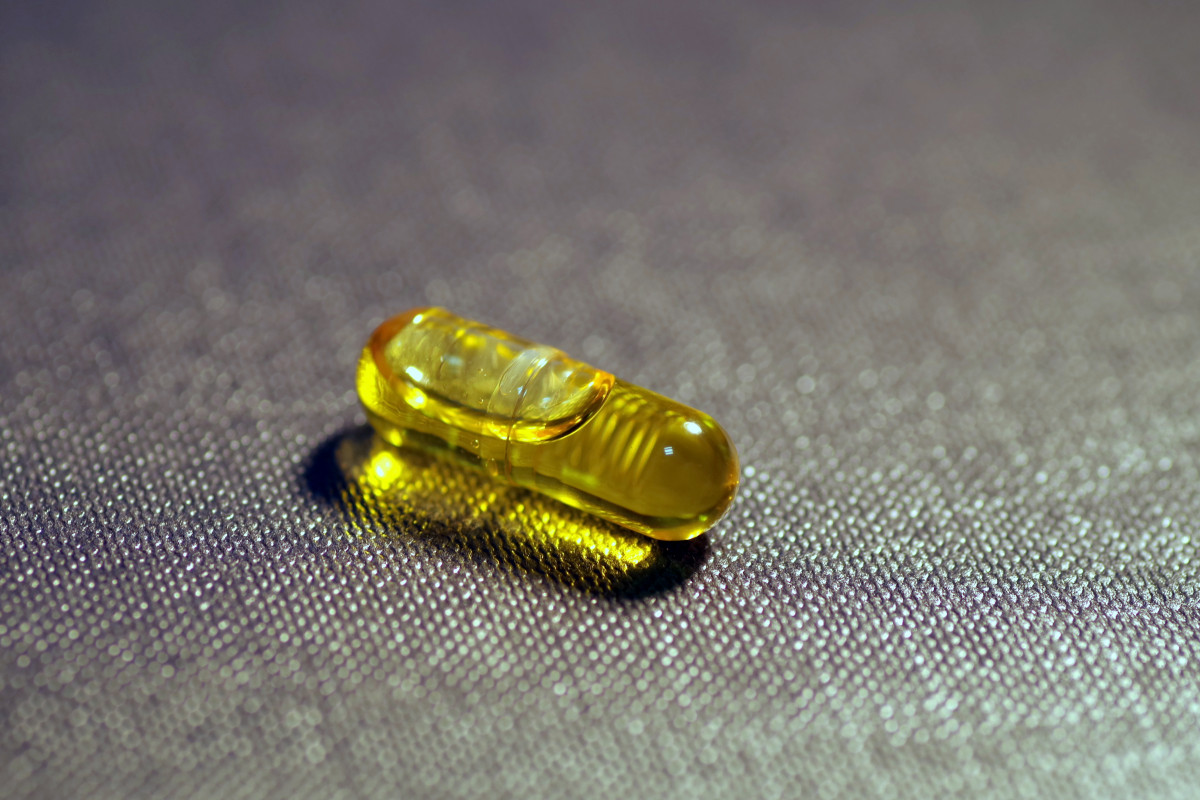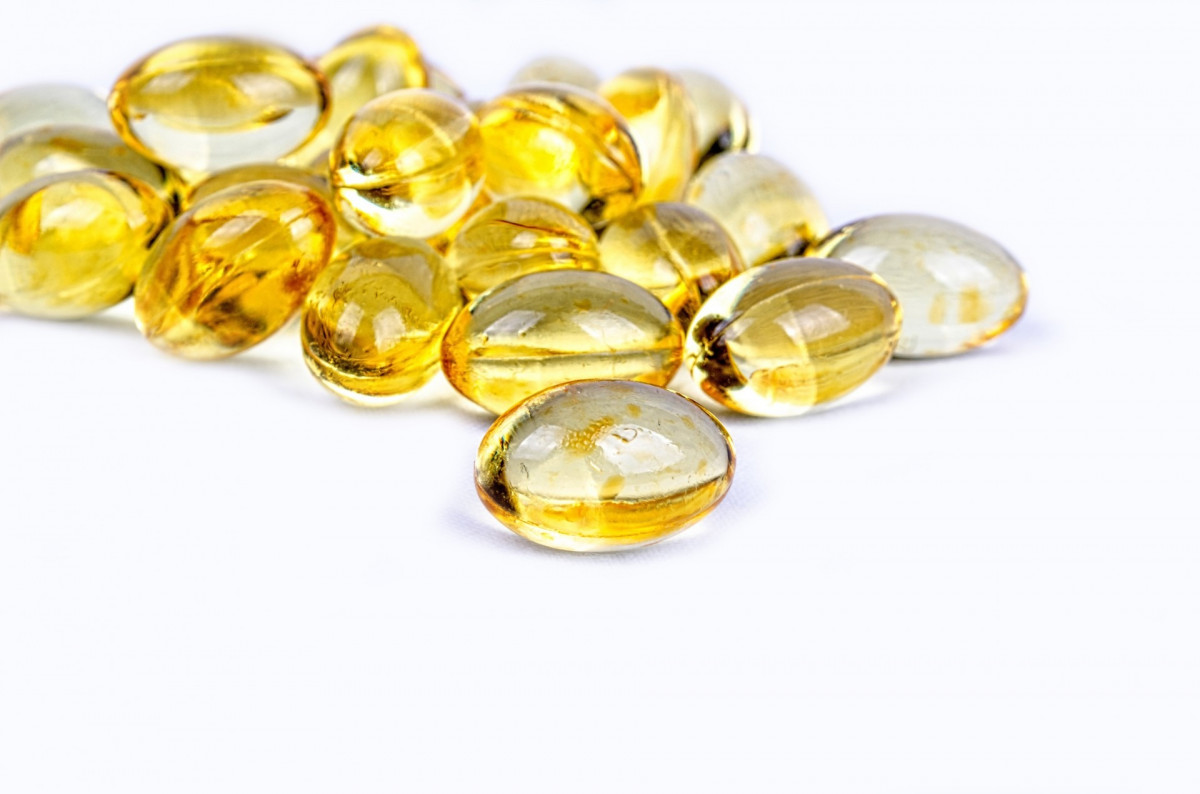One of the beneficial effects of sun exposure is the synthesis of vitamin D, an essential vitamin for the human body. What are its benefits for the body?
Role of vitamin D in the body
Vitamin D allows the efficient absorption of calcium and phosphorus. This element is, therefore, important for bone growth: the daily intake of vitamin D supplements is particularly recommended for children under the age of 3.
However, the properties of the vitamin do not stop at this level:
– The quality of calcium absorption reduces the risk of fractures in the elderly. According to one study, severe vitamin D deficiency treatment could also improve back pain in people aged 65 and over.
– It was recently discovered that vitamin D influences the expression of more than 200 genes. This explains its importance in several diseases involving skin disorders, such as psoriasis.
Preventive functions of vitamin D

Recent studies have shown that vitamin D plays an essential role in the prevention of certain cancers:
– colon and rectal cancers;
– breast cancer;
– prostate cancer (according to a 2005 study, men with high serum vitamin D levels were half as likely to develop an aggressive form of prostate cancer as those with lower levels).
Note, however, that the mechanisms of intervention needed to be more precisely outlined. On the other hand, a second study by an international team concludes that it is impossible to establish a link between the amount of vitamin D in the blood and the risk of cancer. But another study shows that supplementing with vitamin D3 for at least three years could reduce the risk of dying from cancer by 13% (the ideal dose is a matter of debate among researchers and depends mainly on your weight).
Source: Yu Zhang, Fang Fang, et al., “Association between vitamin D supplementation and mortality,” BMJ 2019.
This vitamin also has an action to prevent cardiovascular diseases, such as myocardial infarction or high blood pressure.
How to enjoy the benefits of vitamin D?

The recommended dosage of vitamin D is 30 µg/ml. A food contribution is possible by consuming :
– certain fish (trout, mackerel, sardines, salmon, pike …) ;
– milk (you can find milk enriched with vitamin D in stores, especially for young children)
– eggs;
– butter.
Generally speaking, fish oils are enriched with vitamin D, including cod liver oil. This shows that the habits of our ancestors were not meaningless!
Good to know: it was customary to make children take a tablespoon of cod liver oil to avoid rickets. This habit traumatized many people, as the oil was more famous for its bad taste than its virtues.
Many people have a vitamin D deficiency (80% below 30 ng/mL). For people suffering from osteoporosis, supplementation is also possible at a rate of 50,000 IU every week for two months and then every month for 6 months until the target level of 30-60 ng/mL is reached.
– If the level remains below 30 ng/mL, it is possible to increase the frequency of the prescription (biweekly) or the prescribed dosage (up to 80 or 100,000 IU).
– If the level is higher than 60 ng/mL, it is necessary to space out the doses (every 2 months, for example) even if it is preferable to have forms allowing lower and more frequent dosages.
– In children, it is recommended to take 400 to 800 IU of vitamin D2 or D3 per day for 0-2-year-olds and the 2-18-year-olds without risk factors, and 800 to 1,600 IU for 2-18-year-olds with one or more risk factors (malabsorption, chronic renal failure, cholestasis, cystic fibrosis, etc.).
Note: D vitamin D to be taken daily in drops should be diluted in water but not in fruit juice, which is much less well assimilated.


